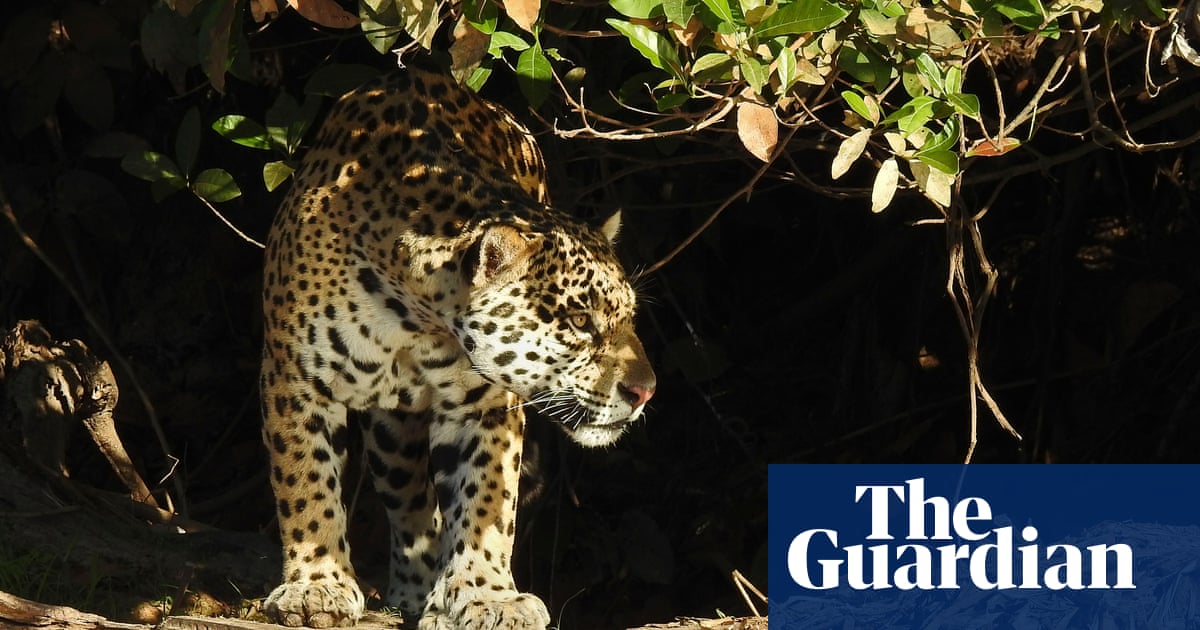
Argentina’s supreme court has been asked to recognize the legal rights of the South American jaguar, of which fewer than 20 individuals remain alive in the country’s Gran Chaco region.
The largest cat in the Americas once roamed the continent as far north as the Grand Canyon, but is now in decline across the entire western hemisphere.
In Argentina, the speckled feline has been driven to the brink of extinction by the destruction of habitat to make way for soy plantations and cattle ranches.
Argentina’s National Parks Administration estimates that fewer than 250 are left alive in the country, and only 20 in the Gran Chaco region, a forest that has lost some 12m hectares (an area larger than Denmark) in the last 35 years.
On Friday, lawyers representing Greenpeace Argentina argued in the supreme court that the country should recognize the rights of the entire species.
“If the legal rights of inanimate corporations are recognized, why not the legal rights of a species of nature, which is very much alive,” said the group’s lawyer Enrique Viale.
A strong legal precedent was set in Argentina in 2016 when Argentina’s courts recognized a 29-year-old Sumatran orangutan held at the Buenos Aires zoo, named Sandra, as a “non-human person”.
Greenpeace Argentina is now seeking a similar status for the remaining jaguars in the Gran Chaco. “We now want recognition of the rights of the entire species,” Viale told the Guardian.
The case is being brought against four provinces of northern Argentina – Salta, Chaco, Santiago del Estero and Formosa – where deforestation has been rampant since the introduction of genetically modified soy two decades ago.
Argentina’s economy is heavily dependent on soybeans, which make up 31% of the country’s exports.
Despite a forestry law that divides Argentina’s forests into “red” (non-deforestable), “yellow” (mixed use) and “green” (deforestable) areas, provincial officials encourage soy production and livestock farming by illegally handing out permits to large landowners transforming “red” areas to “green”.
The Greenpeace lawsuit demands “zero deforestation” in Argentina’s portion of the Gran Chaco which also extends into neighbouring Paraguay, Bolivia and Brazil.
One recent study estimates that habitat loss will cause the extinction of 50% of birds and 30% of mammals in the Gran Chaco within 10-25 years.
“Nature’s species also have rights and the recognition of these rights is a step forward for humanity,” said the Greenpeace Argentina director, Natalia Machain.
Source: Wildlife | The Guardian
